The spiritual meaning of white fear is a complex and multi-faceted concept that requires deep exploration and understanding. Fear is a natural human emotion that arises in response to perceived threats or dangers. It is an instinctual reaction that is deeply rooted in our survival mechanism. However, when fear becomes persistent and overwhelming, it can lead to various negative consequences, both on an individual and a collective level.
Understanding Fear
Fear can manifest in different forms and colors, and white fear specifically refers to the fear experienced by individuals within the white community. It is important to acknowledge that this fear is not inherently negative or wrong, but rather a reflection of societal conditioning and historical context. In order to understand the spiritual meaning of white fear, we must delve into its origins and implications.
One aspect of white fear is rooted in a deep-seated sense of loss and insecurity. Throughout history, white individuals have held positions of power and privilege. However, with the rise of social movements advocating for equality, there is a perceived threat to these privileges. This fear arises from a resistance to change and a fear of losing the advantages that have been enjoyed for generations.
Another dimension of white fear is associated with the unknown and unfamiliar. Human beings are naturally inclined to fear what they do not understand, and this applies to cultural, racial, and ethnic differences as well. The fear of the unknown can lead to prejudice, discrimination, and even violence.
Transcending White Fear
To overcome white fear, it is essential to cultivate empathy, understanding, and openness. Recognizing that fear is often based on limited perspectives and misconceptions is the first step towards transformation. Engaging in meaningful dialogue, educating oneself about different cultures and perspectives, and embracing diversity can help break down barriers built on fear and prejudice.
Moreover, it is important to acknowledge that the abundance of privileges and advantages accrued through systemic racism perpetuates fear. It is crucial for individuals within the white community to confront their own biases, dismantle internalized racism, and actively work towards creating a more inclusive society.
The Spiritual Path to Healing
Healing white fear requires a spiritual journey of self-reflection, introspection, and compassion. Recognizing the interconnectedness of all beings and understanding that the liberation of one group does not diminish or threaten the well-being of another is a fundamental realization. It involves letting go of the ego-driven need for dominance and embracing the values of unity, equality, and justice.
In this spiritual path, it is important to confront the shadow aspects of white fear and uncover the underlying insecurities that fuel it. Through practices such as meditation, prayer, and self-inquiry, individuals can release fear-based patterns and cultivate a sense of inner peace and harmony.
In conclusion, the spiritual meaning of white fear lies in its invitation for growth and transformation. It calls upon individuals to examine their own fears, biases, and privilege, and actively work towards dismantling the systems that perpetuate inequality. By addressing white fear with empathy, understanding, and a commitment to social justice, we can collectively pave the way for healing, unity, and a more equitable world.
Understanding White Fear Through a Spiritual Lens
Understanding White Fear Through a Spiritual Lens
White fear is a phenomenon that has been ingrained in our society for centuries. It stems from a deep-rooted sense of insecurity and the fear of losing power and privilege. This fear manifests itself in various ways, such as racial profiling, discrimination, and resistance to change.
From a spiritual standpoint, white fear can be seen as a symptom of disconnection from the divine essence within each individual. When we are disconnected from our true selves and the interconnectedness of all beings, fear arises. This fear is often directed towards those who are perceived as different or threatening to the established order.
To overcome white fear, it is essential to embark on a journey of self-discovery and spiritual growth. This entails recognizing and acknowledging our biases and prejudices, as well as actively cultivating empathy and compassion for others. By doing so, we can begin to heal the wounds of fear and separation that have plagued our society for far too long.
Furthermore, integrating spirituality into conversations about race and privilege can help foster understanding and promote healing. Recognizing that we are all spiritual beings having a human experience allows us to transcend the limitations of our ego and connect on a deeper level. This connection opens the door to genuine dialogue, empathy, and transformation.
In conclusion, understanding white fear through a spiritual lens provides us with valuable insights into its origins and implications. By acknowledging our interconnectedness and embarking on a path of personal and spiritual growth, we can begin dismantling the barriers of fear and fostering a more inclusive and equitable society.





